chloramine and chlorine water disinfection
Related Stories
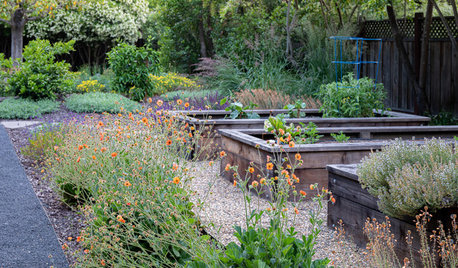
GARDENING GUIDESEssential Watering Tips for Your Edible Garden
To give your edible plants just what they need, check out these guidelines for how, when and how much to water
Full Story
HEALTHY HOMEHow to Choose a Home Water Filtering System
Learn which water purification method is best for your house, from pitchers to whole-house setups
Full Story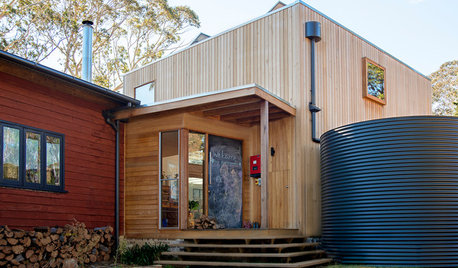
SAVING WATERIs a Rainwater Cistern Right for You?
These extra-large containers reduce runoff and save on the use of potable water for the landscape
Full Story
LAUNDRY ROOMS8 Tips for Cleaner, Greener Laundry
Let go of harsh chemicals and hot water, and go easy on your clothes, your wallet and the planet
Full Story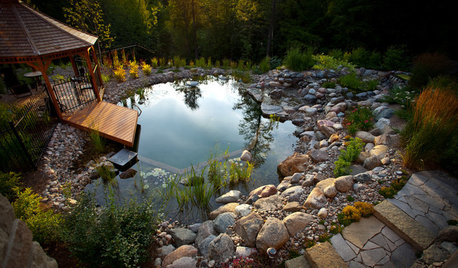
LANDSCAPE DESIGNNatural Swimming Pools: More Beauty, No Chemicals
Keep your skin and the environment healthy with a pool that cleans itself, naturally
Full Story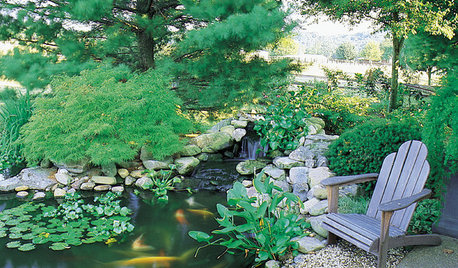
LANDSCAPE DESIGNKoi Find Friendly Shores in Any Garden Style
A pond full of colorful koi can be a delightful addition to just about any landscape or garden
Full Story
HOUSEKEEPINGHow to Clean Hardwood Floors
Gleaming wood floors are a thing of beauty. Find out how to keep them that way
Full Story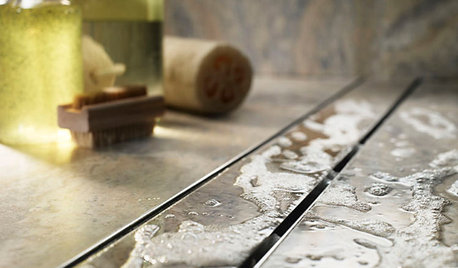
HOUSEKEEPING12 Cleaning Projects That Go a Little Deeper — Naturally
Eucalyptus oil for germy door handles. Baking soda for oven grime. Here are nontoxic solutions for often-overlooked cleaning jobs
Full Story
BEDROOMS11 Reasons to Love White Bedding
For easy bedding that makes neutrals sing and accessories pop, look to the white side
Full Story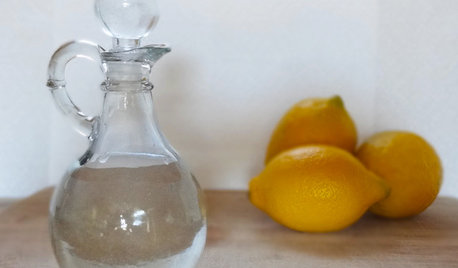
HOUSEKEEPINGVinegar and Voilà: Clean Your House the Natural Way
Ditch the commercial cleaners for nontoxic, inexpensive and versatile white vinegar
Full Story




lgteacher
rgreen48
Related Discussions
Tap Water - How do you deal with chloramine
Q
Removing Chloramine with potassium metabisulfite
Q
Chlorine in city water
Q
Chloramines in city water
Q
nancyjane_gardener
daninthedirt (USDA 9a, HZ9, CentTX, Sunset z30, Cfa)Original Author
daninthedirt (USDA 9a, HZ9, CentTX, Sunset z30, Cfa)Original Author
daninthedirt (USDA 9a, HZ9, CentTX, Sunset z30, Cfa)Original Author